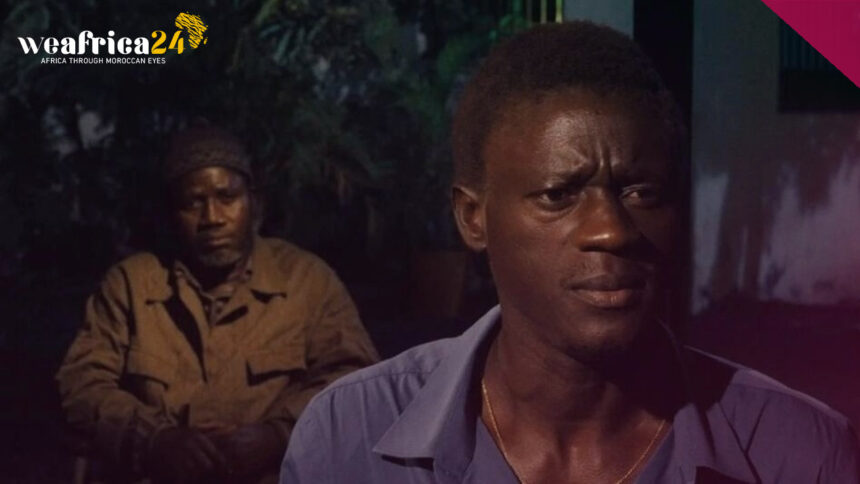On this Wednesday, March 13th, the French screens will welcome the third film by Sana Na N’Hada, “Nome”. Through the trials of the young Nome, forced to leave his village to join the guerrillas opposed to the Portuguese colonial army, the Bissau-Guinean director crafts a mesmerizing and critical chronicle of the Bissau-Guinean revolution.
In 1969, Guinea-Bissau was embroiled in a violent war between the Portuguese colonial army and the guerrillas of the African Party for the Independence of Guinea. Young Nome leaves his village to join the resistance. Years later, he returns as a hero, but the jubilation soon gives way to bitterness and cynicism.
This film is a historical epic, offering an unprecedented glimpse into Guinea’s struggle for independence. Set in the late 1960s during the Liberation War, young Nome, an outcast in his village, joins the fight against the Portuguese colonizers.
With stunning visual beauty, blending fiction with archival footage, Sana Na Nahda reconstructs, 40 years later, the saga of an independence war he experienced.
“I wanted to make a film to remind people how my family, and other families in my village, found themselves amid colonial conflict, to show how we lived through it. And the suffering it brought. Total and immediate independence was the party’s program, but today, I am somewhat disappointed to see what this independence has become. We didn’t expect to hear, ‘The war is over, goodbye.'”
“My life has been ruined”
Born in 1950 in Exalé and now a living memory of Guinea-Bissau’s history and cinema, Sana Na N’Hada experienced the disillusioned aftermath. “At the time, there was no cinema in Guinea. You know, we created the National Institute of Cinema. They told me: there is no one to replace you, you have to stay! So, I stayed, and, to this day, everything I have done in terms of film has been my initiative. Otherwise, all they gave me to do was documentaries about political meetings. My life has been ruined, but I’m still here.”
An audacious yet rewarding choice, Sana Na N’Hada intertwines fiction with black-and-white archival footage, some of which he filmed himself. These faces from the past lend “Nome” a ghostly touch that blends seamlessly into the film’s captivating imagination, offering multiple layers of interpretation.







